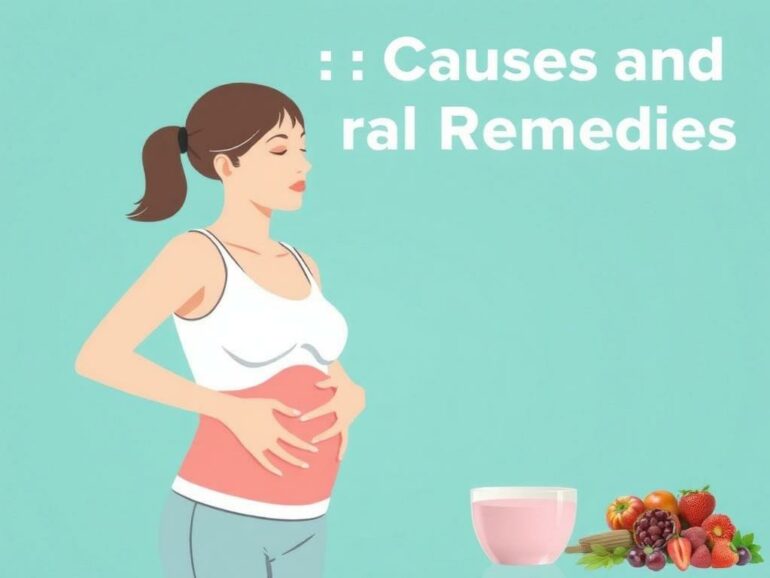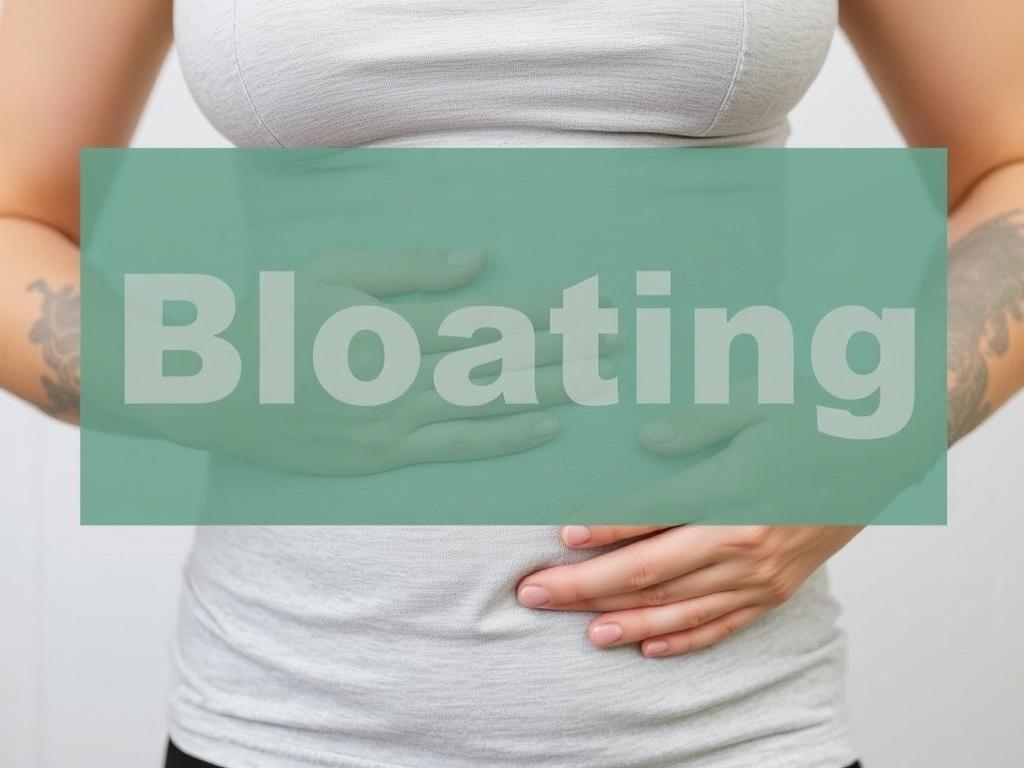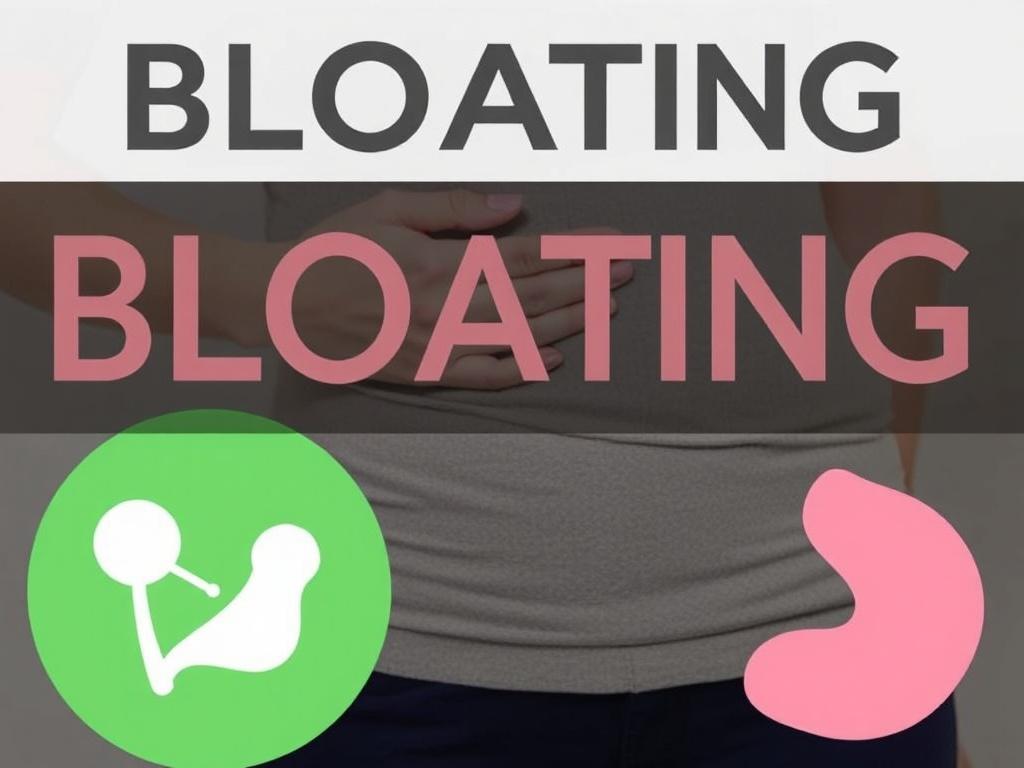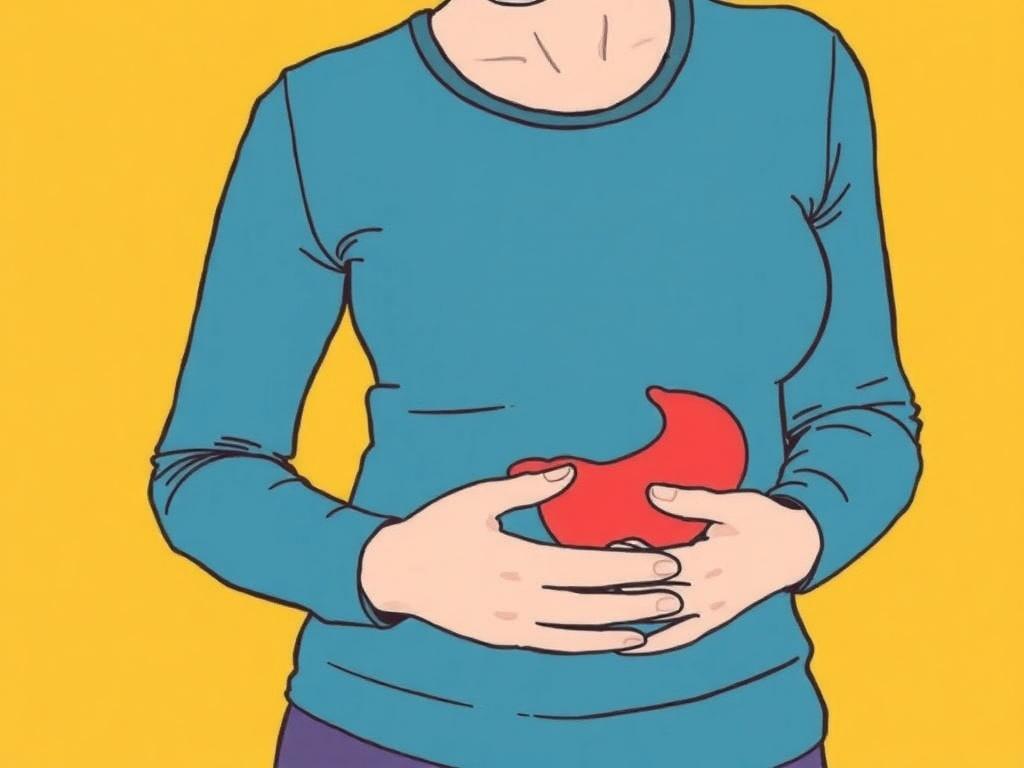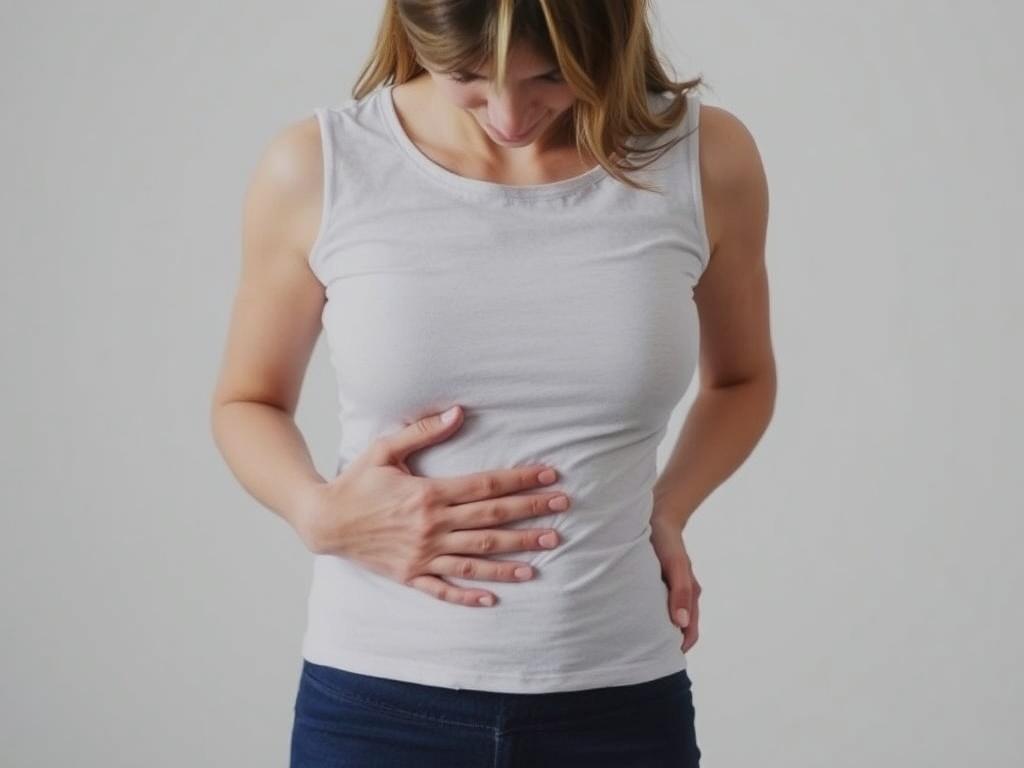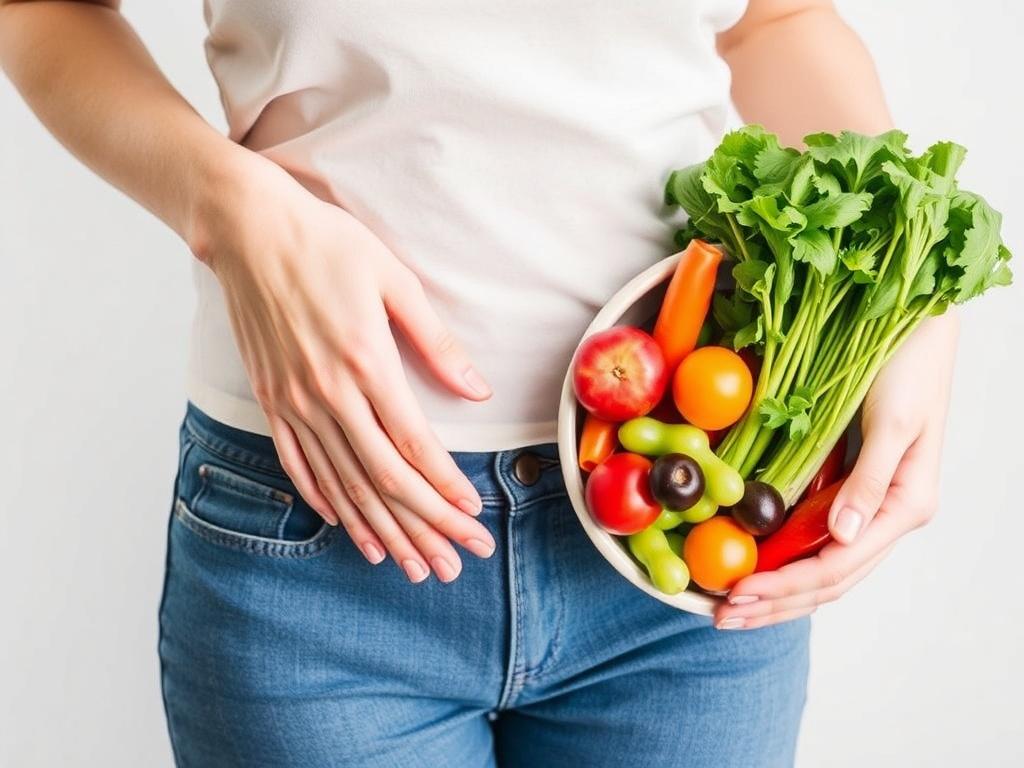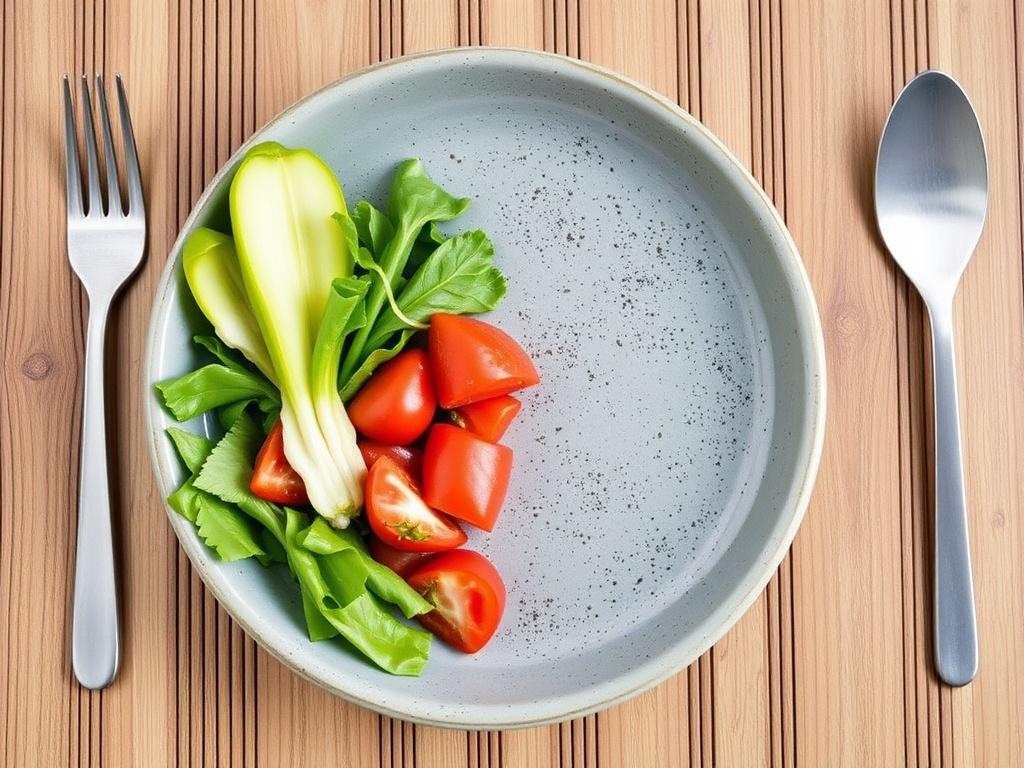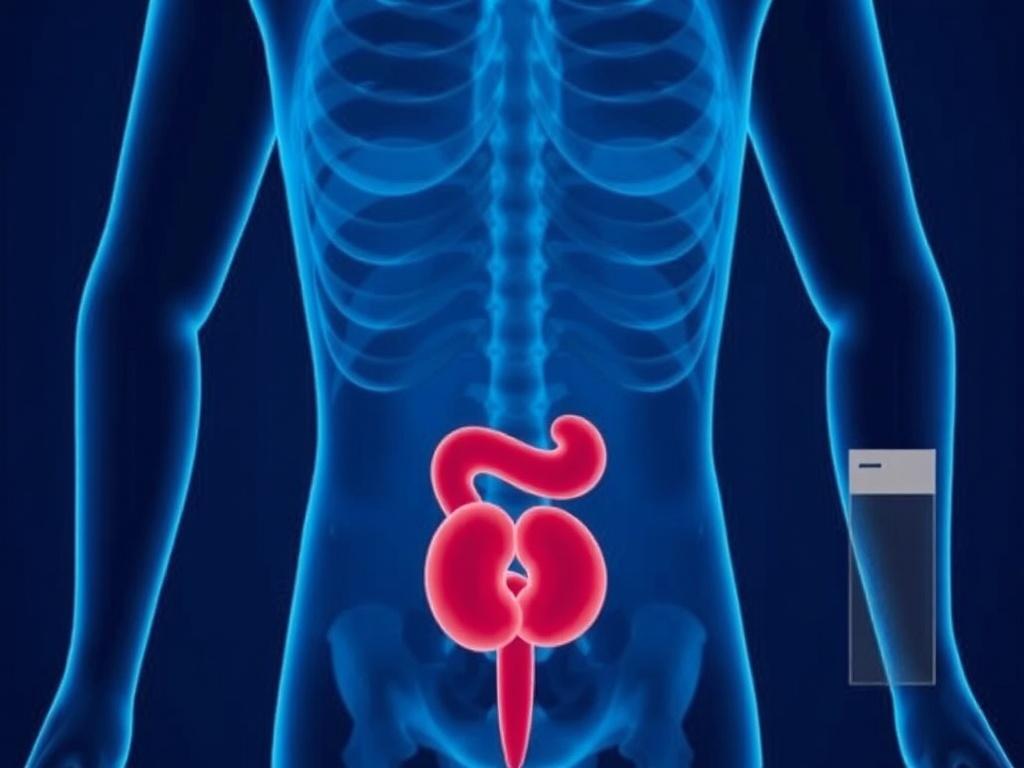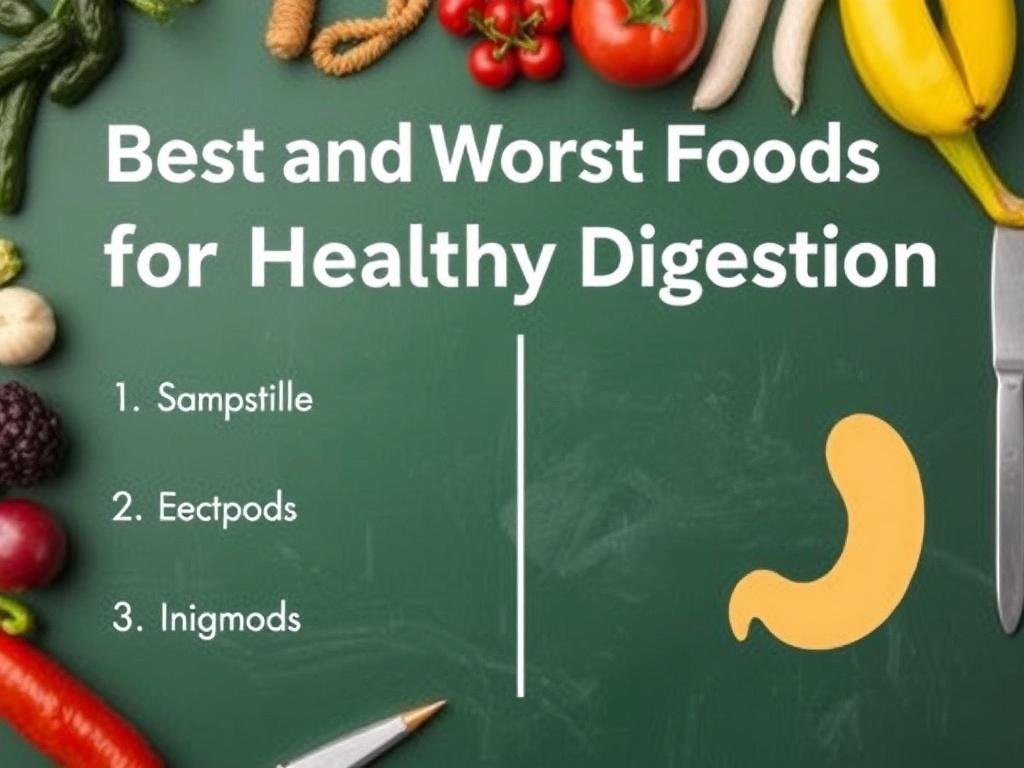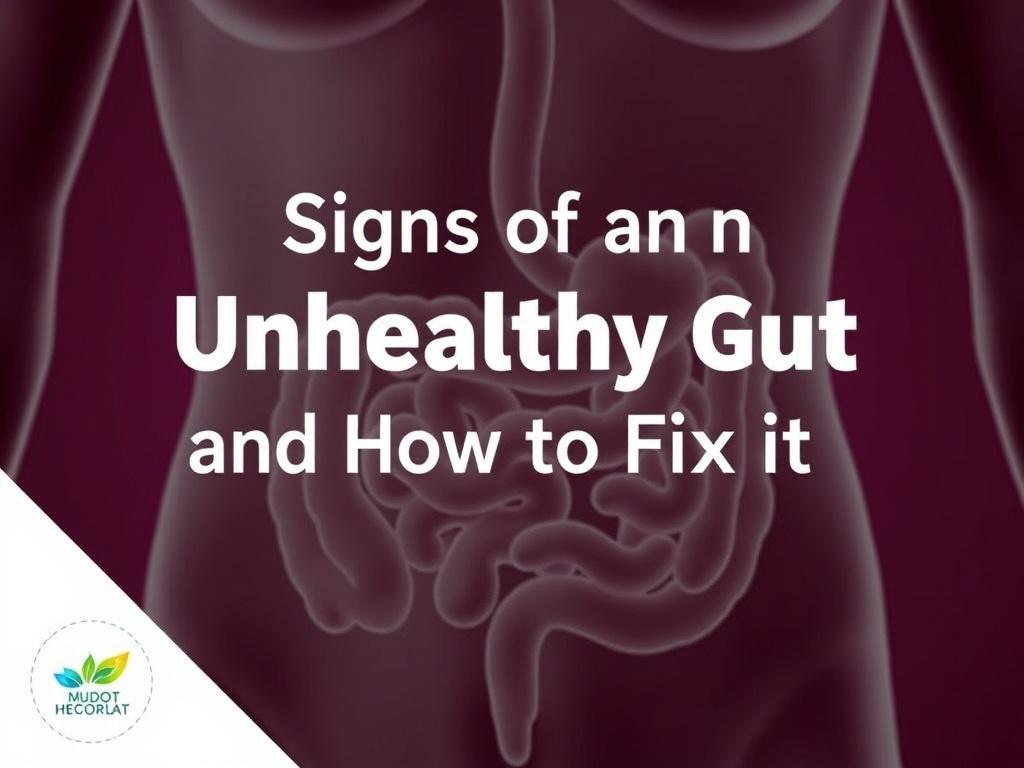Bloating is a discomforting and often frustrating sensation that many people experience at some point in their lives. It can make your stomach feel swollen, tight, and sometimes even painful, leaving you wondering why your belly seems to have suddenly inflated. The good news is that bloating is usually harmless and often related to what, how, and when we eat or drink. Understanding the causes of bloating and exploring natural remedies can help you regain control and ease the discomfort without having to rely on medications.
In this article, we will dive deep into the common causes of bloating and provide you with effective natural remedies to try at home. Whether your bloating is caused by certain foods, lifestyle habits, or underlying health issues, there are simple methods to relieve that uncomfortable “puffiness” you feel. We will also discuss the importance of listening to your body and making gradual changes to prevent bloating from recurring. So, let’s unravel the mystery of bloating and set you on the path to a happier, flatter belly.
What Is Bloating and Why Does It Happen?
Bloating is the sensation of fullness, tightness, or expansion in your abdomen. It’s important to recognize that bloating is not the same as swelling or distention, although physically the belly may look bigger. Bloating occurs when your gastrointestinal (GI) tract is filled with air or gas, or when your digestive system is temporarily disrupted.
There are a few reasons why bloating can happen:
- Air swallowing: Sometimes, we swallow excess air when eating or drinking too quickly, chewing gum, or smoking.
- Gas production: When gut bacteria ferment undigested food, they produce gas that can lead to that stretched feeling.
- Food intolerance: Certain foods may be difficult for some people to digest, causing excess gas and bloating.
- Constipation: When stool builds up in the intestines, it can make you feel full and bloated.
- Hormonal changes: Many women notice bloating before or during their menstrual cycles due to hormonal fluctuations.
- Medical conditions: Though less common, conditions like irritable bowel syndrome (IBS), celiac disease, or small intestinal bacterial overgrowth (SIBO) can cause chronic bloating.
Understanding these underlying reasons is the first step toward finding relief and learning how to manage or prevent bloating naturally.
Common Causes of Bloating Explained
Let’s take a detailed look at some of the most common culprits behind bloating and how they affect your digestive comfort.
1. Dietary Choices
The food we eat plays a huge role in how our digestive system behaves. Some foods are well-known for causing bloating because they ferment in the gut or are difficult to break down.
Some of the common offending foods include:
| Food Group | Examples | Reason for Bloating |
|---|---|---|
| Cruciferous Vegetables | Broccoli, cauliflower, cabbage, Brussels sprouts | High in fiber and raffinose – a complex sugar that ferments in the colon |
| Legumes | Beans, lentils, chickpeas | Contain oligosaccharides that can be hard to digest |
| Dairy Products | Milk, cheese, yogurt | Lactose intolerance causes gas production when lactose is not properly digested |
| Carbonated Drinks | Soda, sparkling water, beer | Contain carbon dioxide that can build up in the digestive tract |
| High-Fat Foods | Fried foods, heavy sauces | Slow digestion leading to fermentation and gas build-up |
These foods are not bad for you; many are highly nutritious and provide essential vitamins and minerals. But, if they trigger bloating, you might want to limit portion sizes, try cooking methods that make them easier to digest, or substitute with gentler options.
2. Swallowing Air
Something as simple as how you eat can cause you to swallow air unknowingly. Eating in a rush, talking while chewing, using straws, chewing gum, or smoking can cause excess air to enter your stomach. This air can make you feel gassy and bloated soon after a meal.
A great way to combat this is by slowing down during meals, chewing thoroughly, and minimizing habits that increase air intake.
3. Food Intolerances and Sensitivities
When your body struggles to digest certain substances like lactose, gluten, or fructose, the undigested portions pass into the colon where bacteria ferment them, creating gas.
Common intolerances that cause bloating include:
- Lactose intolerance
- Gluten sensitivity or celiac disease
- Fructose malabsorption
- FODMAP sensitivity (fermentable oligosaccharides, disaccharides, monosaccharides, and polyols)
Recognizing specific intolerances often requires experimentation with diet, sometimes guided by a healthcare professional. An elimination diet or specific tests may be used to identify triggers.
4. Constipation
If bowel movements become infrequent or difficult, the stool can build up and stretch your intestines. This slows digestion and increases the likelihood of gas production, leading to bloating and discomfort.
Increasing dietary fiber gradually, drinking plenty of water, and maintaining physical activity are key to preventing constipation-related bloating.
5. Hormonal Influences
Many women notice bloating around their periods or during ovulation due to hormonal fluctuations that cause water retention and changes in gut motility. While this bloating usually disappears after the cycle phase, it can be quite uncomfortable.
Keeping a symptom diary related to your menstrual cycle can help you anticipate and manage this type of bloating.
6. Medical Conditions
While bloating is usually temporary and harmless, persistent or severe bloating can be a sign of underlying conditions like:
- Irritable bowel syndrome (IBS)
- Celiac disease
- Small intestinal bacterial overgrowth (SIBO)
- Gastroparesis
If bloating is accompanied by severe pain, vomiting, weight loss, or blood in stools, it is important to seek medical advice without delay.
Natural Remedies to Reduce Bloating
Instead of immediately turning to medications or antacids, many people prefer to try natural methods to relieve bloating. Here we outline simple, safe, and effective remedies that can bring comfort without side effects.
1. Mindful Eating Habits
Slowing down while eating is one of the simplest and most effective ways to reduce bloating. Try to:
- Eat smaller meals more frequently rather than large meals
- Chew your food thoroughly to aid digestion
- Avoid talking while chewing to prevent swallowing air
- Limit carbonated beverages and straws during meals
By giving your digestive system time and space to work, you reduce the chance of air buildup and gas formation.
2. Herbal Teas
Several herbs have properties that help soothe your stomach and reduce gas:
| Herbal Tea | Benefits |
|---|---|
| Peppermint | Relaxes intestinal muscles and reduces spasms and gas |
| Ginger | Improves digestion and reduces nausea |
| Chamomile | Calms the digestive system and reduces inflammation |
| Fennel | Has antispasmodic effects and can reduce bloating |
Sipping on one of these teas after meals or when bloated can offer noticeable relief.
3. Probiotics
Probiotics are “good bacteria” that help maintain a healthy gut environment. They may improve digestion and reduce bloating by balancing the gut microbiome.
You can add probiotics to your diet through:
- Yogurt with live cultures
- Kefir
- Sauerkraut or kimchi
- Probiotic supplements (consult your doctor first)
Regular consumption of probiotics has helped many manage chronic bloating symptoms.
4. Physical Activity
Exercise stimulates the movement of your digestive tract, encouraging gas and stool to move along. Even a simple 20-30 minute walk after meals can help prevent bloating.
Try incorporating activities like:
- Walking
- Yoga (poses that focus on abdominal stretching)
- Light jogging or cycling
Fun fact: Some yoga poses, such as “wind-relieving pose” (Pavanamuktasana), are specifically designed to help release trapped gas.
5. Stay Hydrated
Drinking enough water helps flush toxins, keeps stools soft, and supports digestion, all essential to preventing bloating. Aim for about 8 cups (2 liters) of water per day, but increase intake if you live in a hot climate or are physically active.
Avoid excessive caffeine or alcohol, which can dehydrate you and contribute to digestive issues.
6. Identify and Avoid Trigger Foods
Keeping a food diary can be a powerful tool for detecting what foods cause you bloating. Record what you eat and your symptoms to identify trends.
Consider trying a low-FODMAP diet under the supervision of a dietitian if you suspect food intolerance is behind your bloating. This diet limits fermentable carbohydrates found in certain fruits, vegetables, and grains.
7. Natural Digestive Enzymes
Sometimes, taking natural digestive enzymes before meals can help break down hard-to-digest foods like lactose or proteins, reducing gas and bloating.
You can find enzyme supplements that contain lactase, amylase, protease, or lipase. Always check with your healthcare provider before starting any supplement.
When to See a Doctor About Bloating
Bloating is common and generally nothing to worry about. However, there are times when it is important to seek medical care:
- Sudden and severe bloating that worsens over time
- Persistent bloating lasting more than a few weeks
- Weight loss or loss of appetite
- Severe abdominal pain or cramping
- Blood in stool or unusual bowel changes
- Difficulty swallowing or persistent vomiting
Your doctor may recommend diagnostic tests, dietary consultations, or treatments specific to an underlying condition.
Tips for Preventing Bloating Long-Term
Bloating can sometimes be a chronic issue, but these lifestyle changes can help prevent future discomfort:
- Eat balanced meals: Include fiber, lean proteins, and healthy fats while avoiding excess processed foods.
- Regular physical activity: Keep your digestive system moving daily.
- Manage stress: Stress affects digestion; techniques like meditation can help.
- Keep a food and symptom journal: Know your triggers and avoid them.
- Stay hydrated: Help your digestive system stay efficient.
- Consider portion control: Overeating can overwhelm your system.
By adopting these habits, you’ll likely experience less bloating and better digestive health overall.
Summary Table: Causes and Natural Remedies for Bloating
| Cause | Natural Remedies |
|---|---|
| Dietary choices (e.g., cruciferous vegetables, legumes) | Eat smaller portions, cook foods well, try low-FODMAP diet |
| Swallowing air | Eat slowly, avoid gum and straws |
| Food intolerances (lactose, gluten) | Identify triggers, use lactose-free products, elimination diet |
| Constipation | Increase fiber & water, exercise regularly |
| Hormonal changes | Track cycles, use herbal teas (peppermint, ginger) |
| Underlying medical conditions | Consult a healthcare provider for diagnosis and treatment |
Conclusion
Bloating is a common digestive issue that can stem from a variety of causes, including diet, lifestyle habits, and sometimes medical conditions. Fortunately, there are many natural remedies to ease the discomfort, such as mindful eating, herbal teas, probiotics, staying active, and identifying food sensitivities. By understanding what triggers your bloating and adopting some simple changes, you can reclaim comfort and enjoy your meals without the fear of that bloated belly. Remember, occasional bloating is normal, but if symptoms persist or become severe, always seek professional advice. Taking care of your gut health is essential for overall well-being, and with a little attention, you can keep bloating at bay and support a happier, healthier digestive system.
Читайте далее: